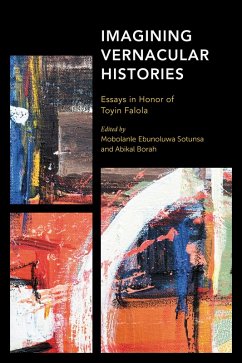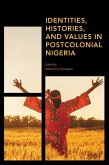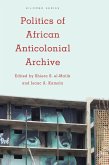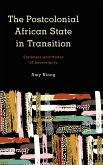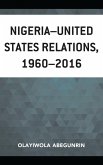Imagining Vernacular Histories is centered on the idea of engaging with indigenous African cosmologies that signal at pluriversality. In conversation with Toyin Falola's reading of the African pluriverse and his exploration of the idea of "ritual archives," the contributors to this volume rethink the historical archive in search of vernacular histories. Simultaneously, they recognize the contributions from various other disciplines in pluralizing the term vernacular. The book brings together a wide range of topics, such as reflections on African historiography; the relationship between memory, history and literature; gender relations; and the construction of historical archives. While appropriating Falola's conception of vernacular histories, the contributors collectively argue that pluriversality and ritual archives can potentially rescue African historical and creative scholarship from the sustained practices of epistemicide. Simultaneously, Imagining Vernacular Histories focuses on the emerging interdisciplinary conversations on constructing the pluriverse as well as on the geopolitics of knowledge production. Through a critical appreciation of Falola's engagement with the ideas of postcoloniality, decolonizing epistemologies, and pluriversality, this book locates his scholarship in relation to postcolonial theory emerging from the Global South.
Bitte wählen Sie Ihr Anliegen aus.
Rechnungen
Retourenschein anfordern
Bestellstatus
Storno

